How do pipelines work in Microsoft Fabric?

With Microsoft Fabric, Microsoft has created a standardized, modern data platform that combines analysis, data integration, governance and AI in one place. A central element of this are the Fabric Pipelines - the heart of automated data processes. Especially for companies working with Microsoft Dynamics NAV, Navision or Dynamics 365 Business Central, pipelines open up new possibilities: from simple [...]
Lakehouse vs. data warehouse in Microsoft Fabric
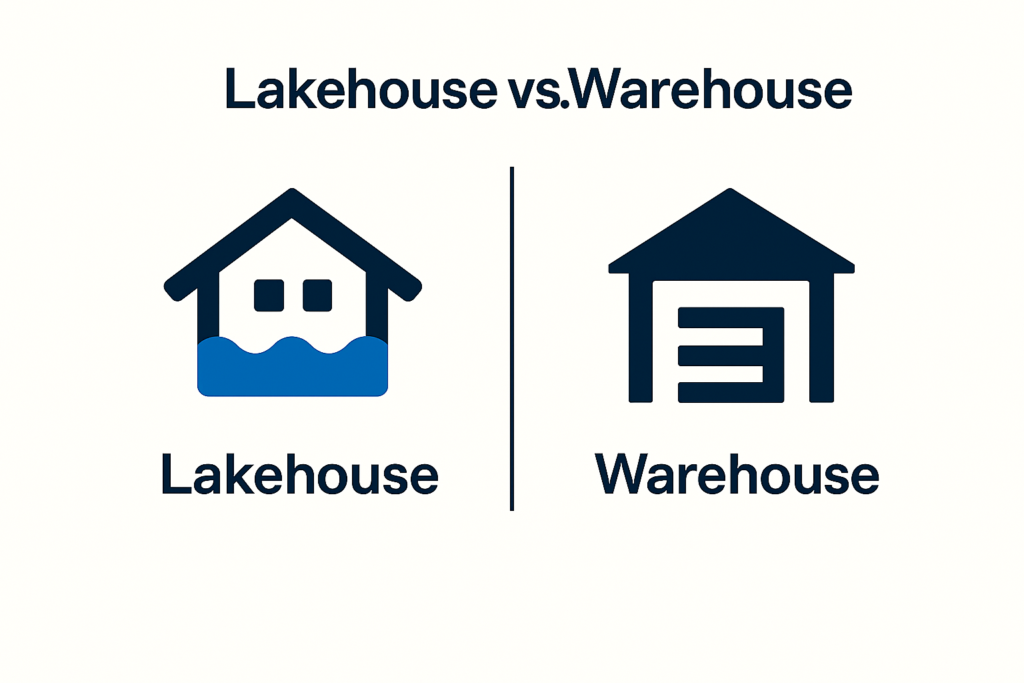
With Microsoft Fabric, Microsoft has created a platform that integrates both Lakehouse and Data Warehouse. Both terms are often used, but what exactly is behind them - and when is which model suitable? Similarities Central database: Both concepts access OneLake, the central storage in Fabric. Integration with Power BI: Both Lakehouse and Warehouse [...]
Data Warehouse in Microsoft Fabric - modern analyses with familiar SQL
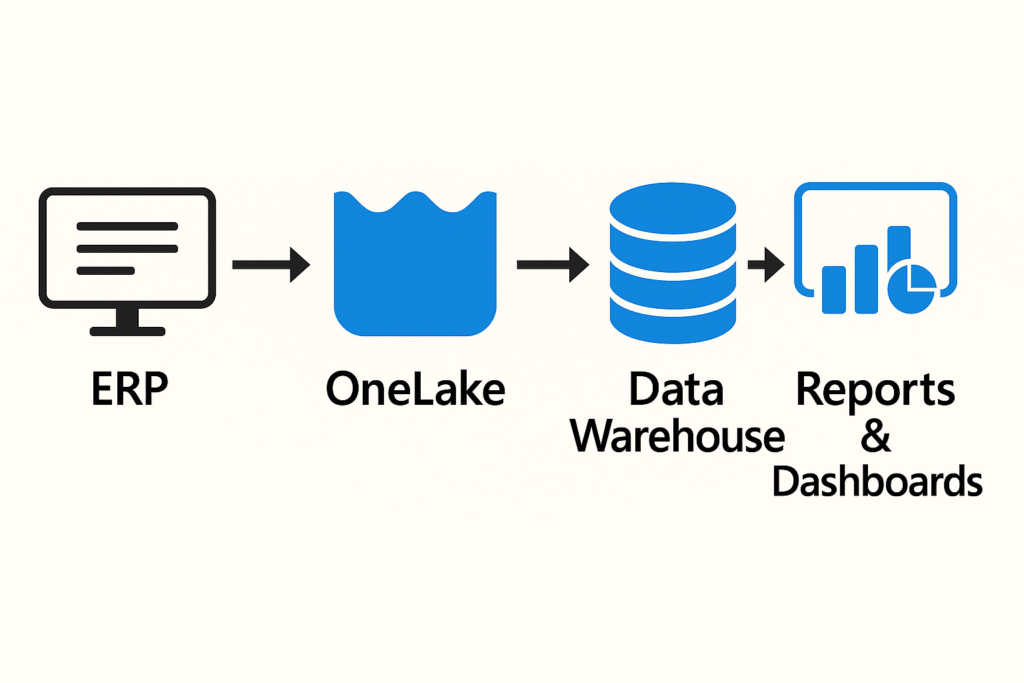
For years, many medium-sized companies have relied on traditional data warehouses to evaluate their ERP data from Dynamics NAV, Navision or Business Central. The advantage: structured tables, clear models and fast queries with SQL. The disadvantage: these systems are often cumbersome, expensive and require complex ETL processes. With the Data Warehouse in Microsoft Fabric, Microsoft brings a [...]
Event streaming in Microsoft Fabric - real-time data for SMEs
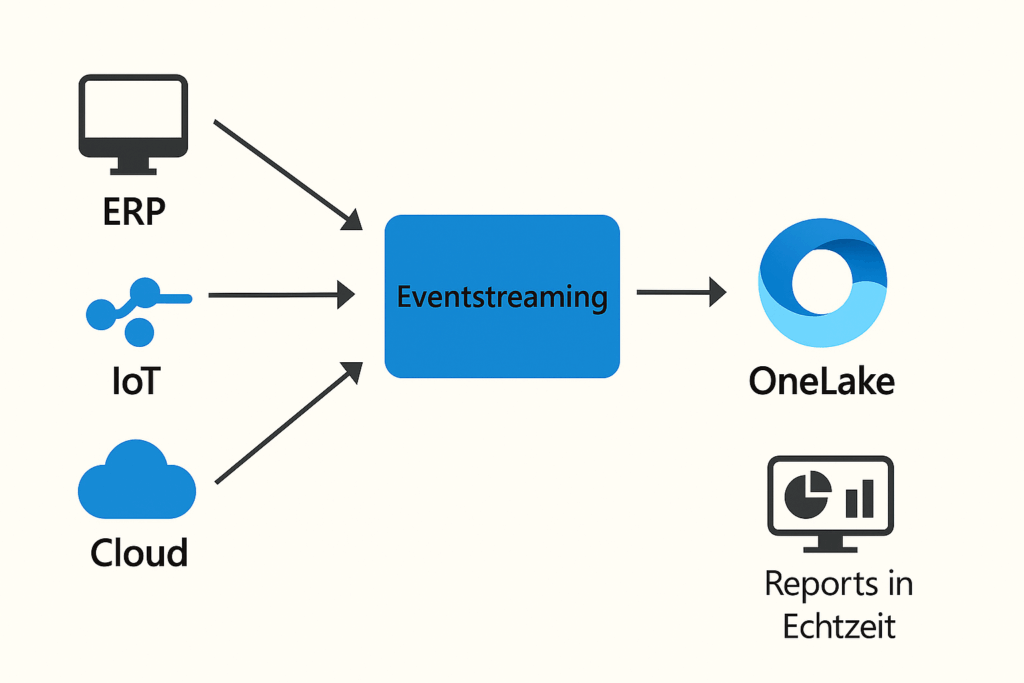
Most reports in companies are based on historical data: Sales figures from the previous day, stock levels from last week or production figures from the end of the month. But in many situations, it is crucial to know what is happening right now. This is exactly where event streaming in Microsoft Fabric comes in. What is event streaming? With event streaming, data streams can be displayed in real time in Microsoft Fabric [...]
Dataflow Gen2 in Microsoft Fabric - self-service data integration for SMEs
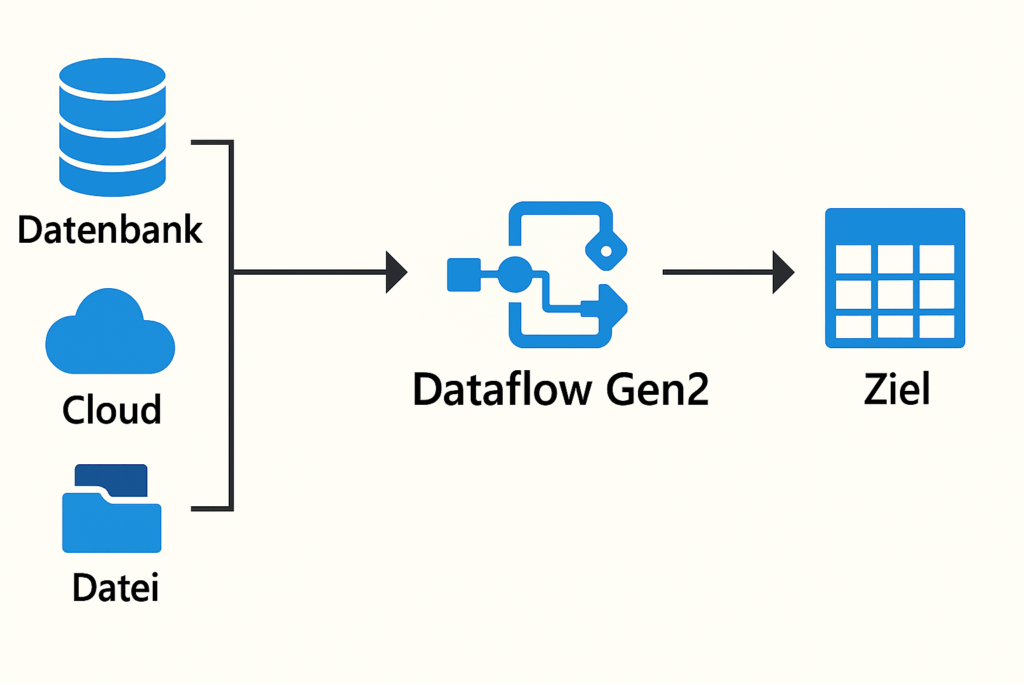
Many companies in the SME sector use different systems: ERP (Dynamics NAV, Navision, Business Central), CRM, Excel lists, cloud services or production systems. The challenge: to bring all these data sources into a standardized database without having to set up a complex IT solution for each requirement. This is exactly where Dataflow Gen2 in Microsoft Fabric comes in. What is Dataflow Gen2? Dataflow Gen2 is [...]
Lakehouse in Microsoft Fabric - the bridge between data lake and data warehouse
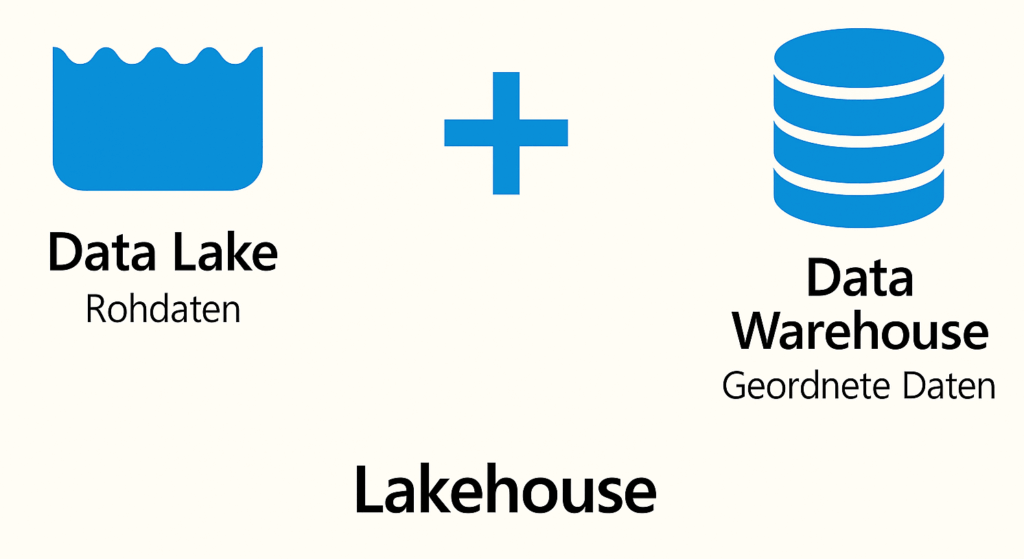
Traditionally, companies have had to make a choice: Data Lake or Data Warehouse. While data lakes flexibly store large volumes of raw data, data warehouses offer a structured environment for clean reporting. Both worlds had advantages and disadvantages. With the Lakehouse in Microsoft Fabric, Microsoft combines these approaches in a single platform. What is a Lakehouse? A lakehouse combines [...]
Data Activator in Microsoft Fabric - from analysis to action

Analyzing data in real time is one thing - being able to act on this data automatically is another. This is exactly where the new Data Activator function in Microsoft Fabric comes in. What is the Data Activator? Data Activator is a no-code solution in Fabric that makes it possible to monitor events in data and trigger actions automatically. Examples: [...]
Mirrored Database in Microsoft Fabric
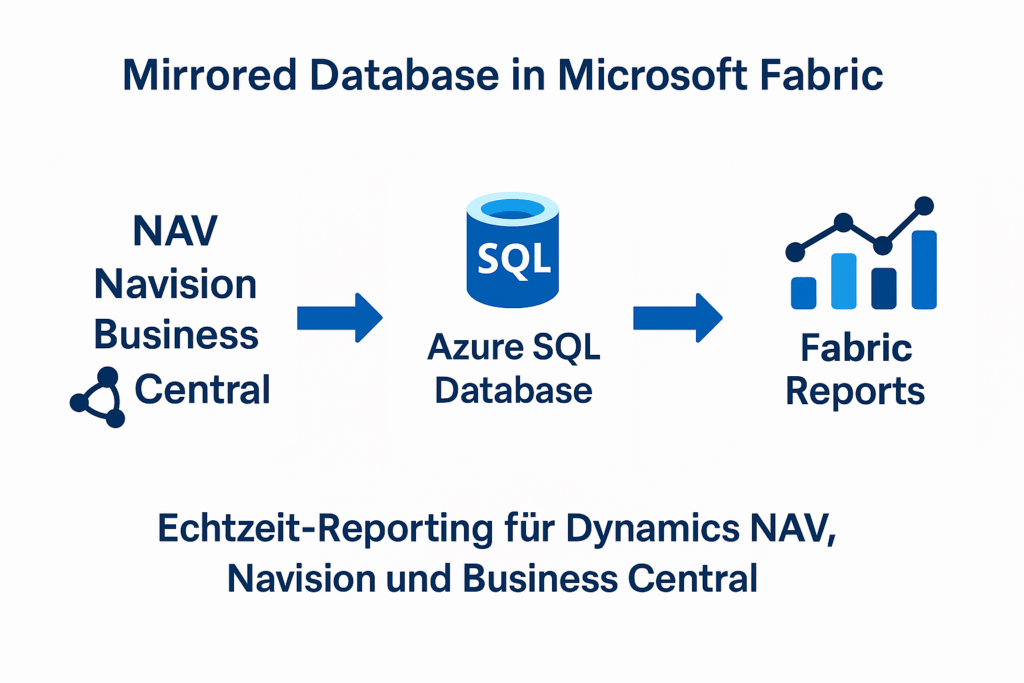
Anyone who works with Microsoft Dynamics NAV, Navision or Business Central knows the problem: reports are often based on Excel exports or nightly data loads. This means delays and a high level of manual effort. For controllers and decision-makers in SMEs in particular, this means that important analyses are not up to date. With the new "Mirrored Database" function in Microsoft [...]
OneLake in Microsoft Fabric - the "OneDrive for data"
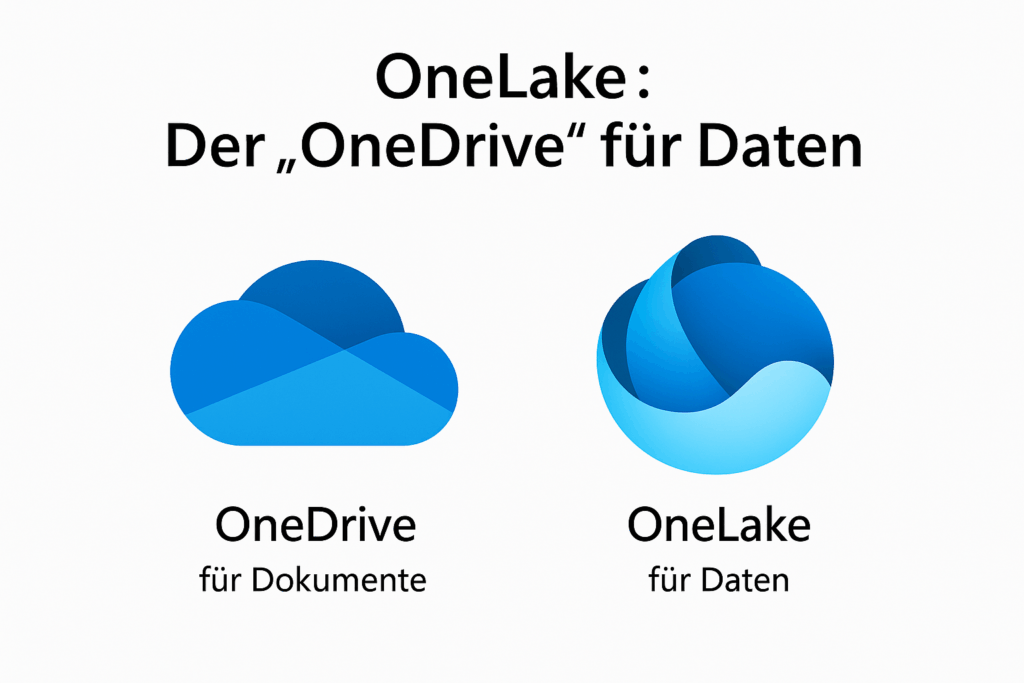
Anyone who works with Microsoft Dynamics NAV, Navision or Business Central knows the challenge: data is stored in different systems, departments work with their own Excel files and central transparency is only possible with great effort. With OneLake in Microsoft Fabric, Microsoft offers the solution: a central data storage for the entire company - comparable to OneDrive, only for data. [...]
Dataverse in Microsoft Fabric: data integration via shortcuts
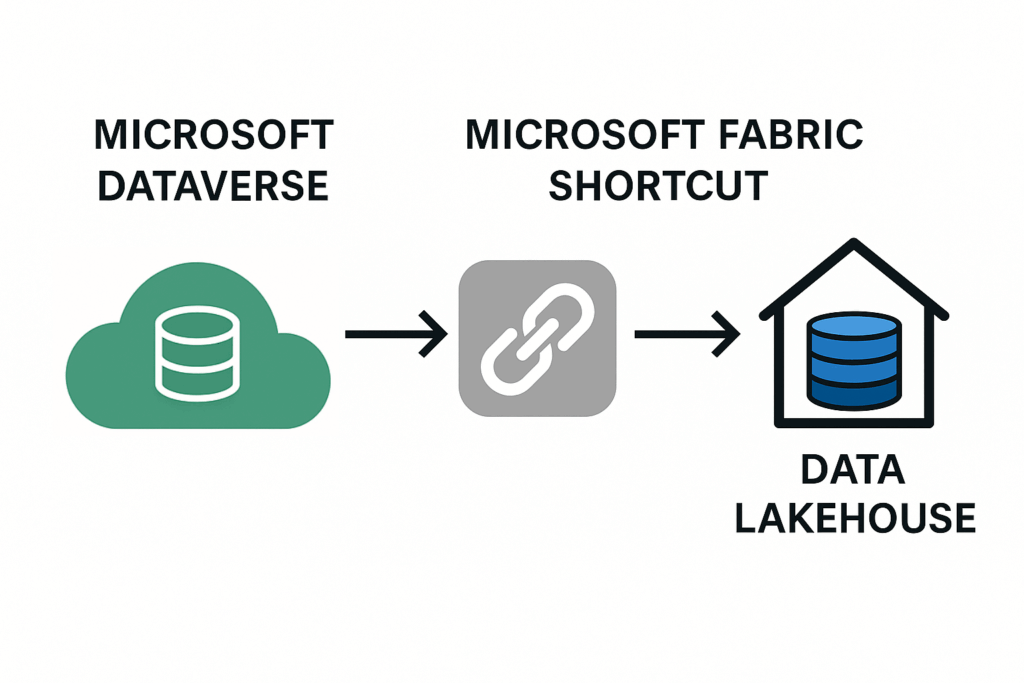
The integration of business data from Microsoft Dynamics NAV, Navision and Business Central into modern analysis platforms has been a key topic for years. Many companies want to connect their operational systems (ERP, CRM) with analytics, machine learning or self-service BI - without creating unnecessary copies of the data. With Microsoft Fabric and the Shortcuts function, Microsoft offers a [...]
